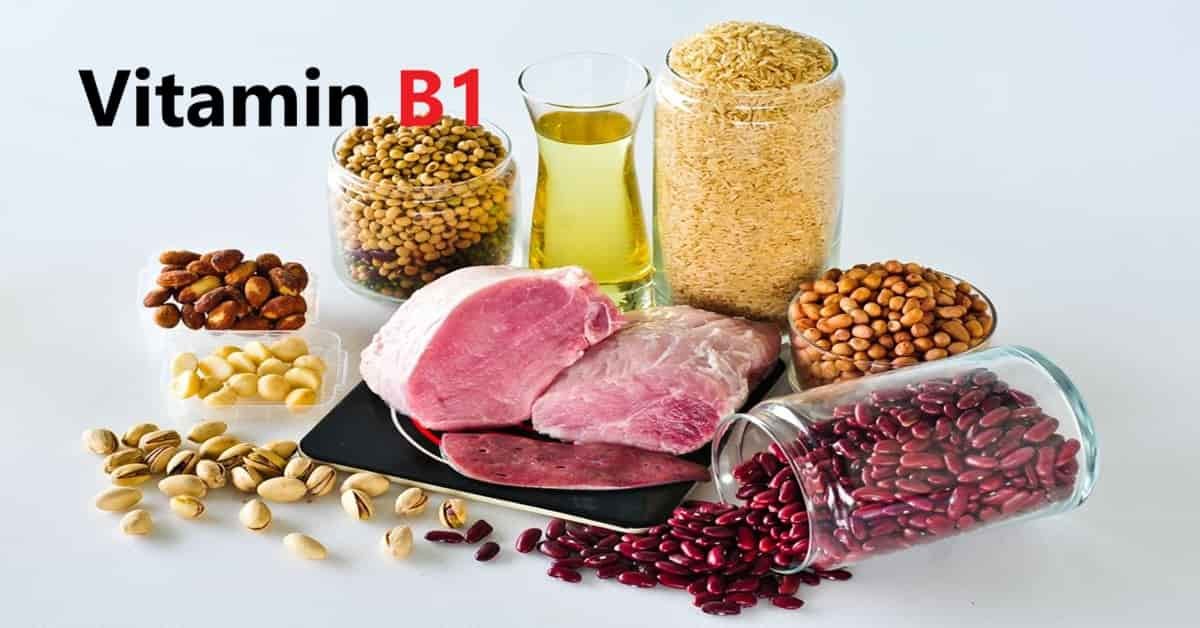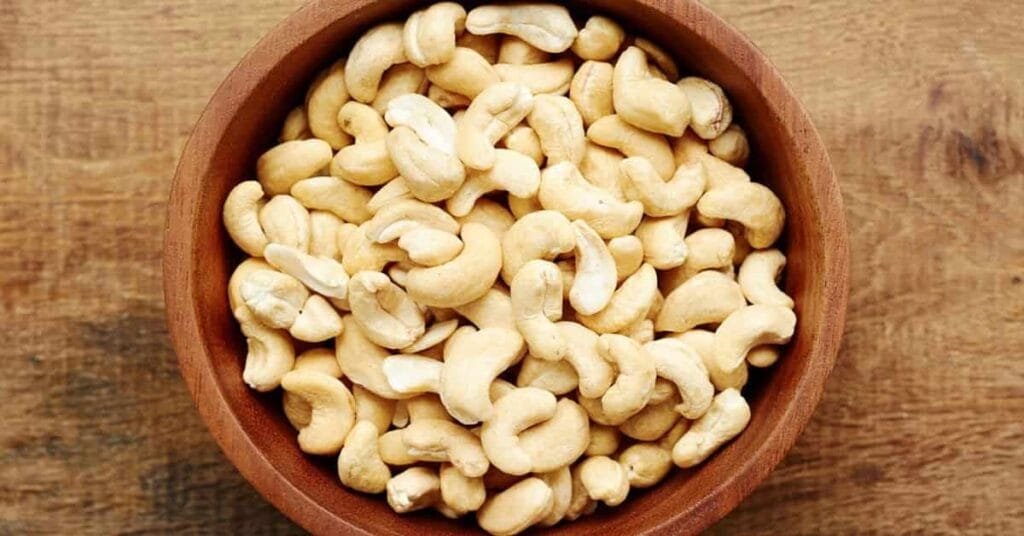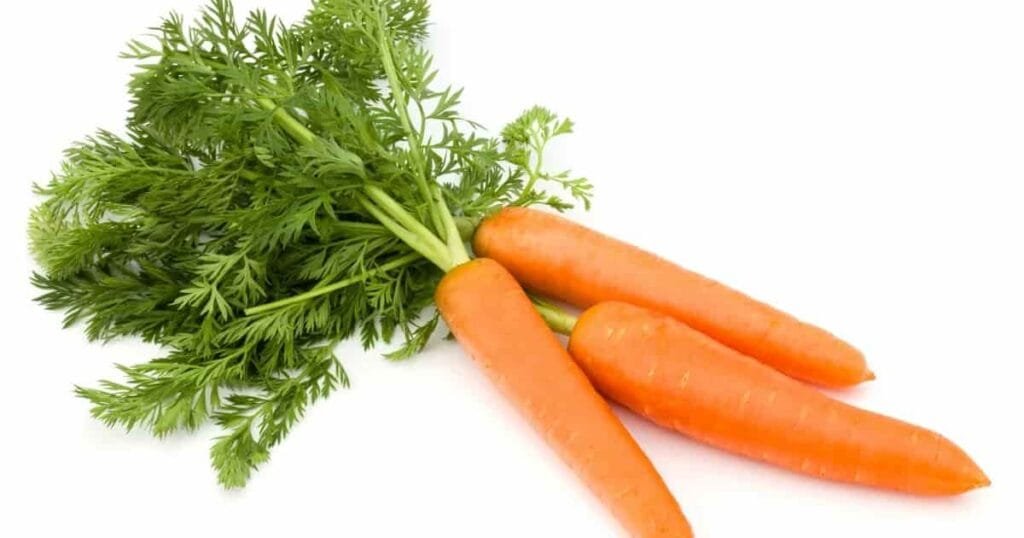Vitamin B1, commonly known as thiamine, is a water-soluble vitamin that is part of the B vitamin complex. It plays a vital role in several bodily functions, particularly in energy production and metabolism. Here are some of the significant benefits of thiamine:
1. Energy Metabolism
- Carbohydrate Metabolism: Thiamine is essential for converting carbohydrates into energy. It acts as a coenzyme (thiamine pyrophosphate) in the metabolism of carbohydrates through the pyruvate dehydrogenase complex and the citric acid cycle, helping to transform the energy stored in carbohydrates into a usable form.
2. Nervous System Support
- Neurotransmitter Synthesis: Thiamine is crucial for maintaining proper nerve function. It aids in the synthesis of neurotransmitters, such as acetylcholine, which are essential for nerve signaling and communication between neurons.
3. Heart Health
- Cardiovascular Support: Thiamine plays a role in cardiac function by aiding in the production of energy for heart muscle cells. Adequate thiamine levels are linked to reducing the risk of heart-related issues, including heart failure and other cardiovascular diseases.
4. Cognitive Function
- Mental Health: Thiamine is involved in processes that affect cognitive function and mood. A deficiency can lead to confusion, memory loss, and neurological disorders, while adequate levels may promote cognitive health and reduce the risk of neurodegenerative diseases.
5. Digestive Health
- Appetite and Digestion: Thiamine is involved in maintaining a healthy appetite and proper digestion. It supports the function of the digestive system by impacting the metabolism of carbohydrates and conversion into energy, which in turn is necessary for the digestive processes.
6. Antioxidant Role
- Cell Protection: Thiamine supports the body’s antioxidant defenses, helping to protect cells from oxidative stress caused by free radicals. This can reduce the risk of chronic diseases associated with oxidative damage.
7. Prevention of Beriberi
- Deficiency Disease: Thiamine deficiency can lead to beriberi, a disease that affects the cardiovascular and nervous systems. Symptoms of beriberi can include weakness, loss of appetite, nerve damage, and cardiovascular issues. Adequate thiamine intake is essential to prevent this condition.
List of Foods That Contain Vitamin Thiamine
Thiamine can be found in various foods, particularly in whole grains, meats, and legumes. Here’s a list of food sources rich in thiamine:
1. Whole Grains
- Brown Rice
- Oats
- Barley
- Whole Wheat Bread and Pasta
2. Legumes
- Lentils
- Black Beans
- Navy Beans
- Chickpeas
3. Meats
- Pork (especially pork tenderloin and ham)
- Beef
- Chicken (especially the dark meat)
4. Nuts and Seeds
- Sunflower Seeds
- Flaxseeds
- Macadamia Nuts
5. Fortified Foods
- Breakfast Cereals (many are fortified with thiamine)
- Bread and Pasta (often fortified)
6. Vegetables
- Asparagus
- Brussels Sprouts
- Spinach
7. Fruits
- Oranges
- Watermelon
- Avocado
FAQs about Vitamin Thiamine
1. What is the recommended daily intake of thiamine?
- The recommended dietary allowance (RDA) for thiamine varies by age, gender, and life stage:
- Men: 1.2 mg
- Women: 1.1 mg
- Pregnant: 1.4 mg
- Lactating: 1.4 mg
2. What are the symptoms of thiamine deficiency?
- Symptoms of thiamine deficiency can include fatigue, irritability, reduced reflexes, muscle weakness, and problems with memory. Severe deficiency can lead to beriberi, characterized by nerve damage and cardiovascular issues.
3. Are there specific populations at risk of thiamine deficiency?
- Yes, certain groups may be more susceptible to deficiency, including individuals with alcohol use disorder, those with malabsorption syndromes (like celiac disease), and people on a diet low in thiamine-rich foods.
4. Can you have too much thiamine?
- Thiamine is generally considered safe, and there is no established upper limit for thiamine intake from food sources. However, excessive supplementation should be approached with caution.
5. How can I boost my thiamine levels?
- Consuming a balanced diet that includes thiamine-rich foods like whole grains, legumes, nuts, and meats can help maintain adequate thiamine levels. Fortified cereals and bread are also good sources.
6. Does cooking affect thiamine content in foods?
- Yes, thiamine can be sensitive to heat and water. Cooking methods that use a lot of water (like boiling) can lead to some loss of thiamine; steaming or microwaving can preserve more of the vitamin.
7. What foods are the best sources of thiamine?
- The best food sources of thiamine include pork, fortified cereals, whole grains, nuts, and legumes. Among these, pork and fortified breakfast cereals are particularly high in thiamine.
8. Can thiamine supplementation be beneficial?
- Thiamine supplementation can be beneficial for individuals at risk of deficiency, such as those with certain health conditions or dietary restrictions. However, supplementation should be discussed with a healthcare provider to determine necessity and dosage.


